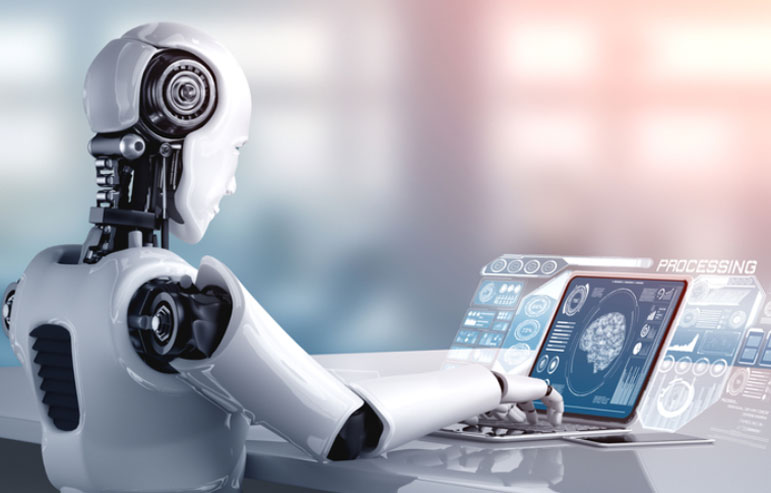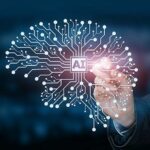Artificial Intelligence (AI) is no longer a distant dream but a tangible reality that permeates our everyday lives. From the moment we wake up to the time we go to bed, AI plays an integral role in shaping our interactions with the digital world. Let’s explore how AI has become an inseparable part of popular platforms that we use regularly.
Social media platforms have become ubiquitous in modern society, and AI is at the core of their functionality. When you upload a photo on Facebook, Instagram, or similar platforms, AI facial recognition technology swiftly identifies and tags individuals in the image. The algorithm can distinguish faces based on unique features, making it surprisingly accurate, even when people are not facing the camera directly or have different hairstyles. This AI-driven feature not only saves time but also enhances our social media experiences, connecting us with friends and family seamlessly.
AI also drives the personalization and recommendation systems that have become a hallmark of our internet usage. Popular streaming services like Netflix, Amazon Prime, and Spotify analyze our preferences, viewing habits, and listening history using AI algorithms. They then provide us with tailored content suggestions that match our interests, making our entertainment choices more engaging and enjoyable.
In the realm of education, AI-powered learning apps have revolutionized how we acquire knowledge. Language learning apps like Duolingo use AI to assess users’ proficiency levels, identify areas of improvement, and adapt lessons accordingly. The Singapore based testpaper.ai uses AI and gamification to help primary school children prepare for their standardised tests. By customizing the learning journey for each individual, these apps offer a personalized and efficient learning experience. This has democratized education, making it accessible to a broader audience, irrespective of their location or background.
Even in the realm of content creation, AI has made significant strides. Natural Language Processing (NLP) models like GPT-3 can generate human-like text, aiding content creators, writers, and students in various ways. These models can assist with writing articles, creating marketing content, and even generating code snippets.
AI’s impact is not confined to a single domain; it’s an intricate web that touches various aspects of our lives. From customer service chatbots to fraud detection in banking, from medical diagnosis to autonomous vehicles, AI’s presence is pervasive.
As we move forward, it’s essential to acknowledge that AI is not just the future; it is already woven into the fabric of our present reality. Understanding its capabilities and potential challenges empowers us to utilize AI responsibly and ethically. By embracing AI as an ally and exploring its possibilities, we can harness its power to build a more efficient, personalized, and connected world for generations to come.








